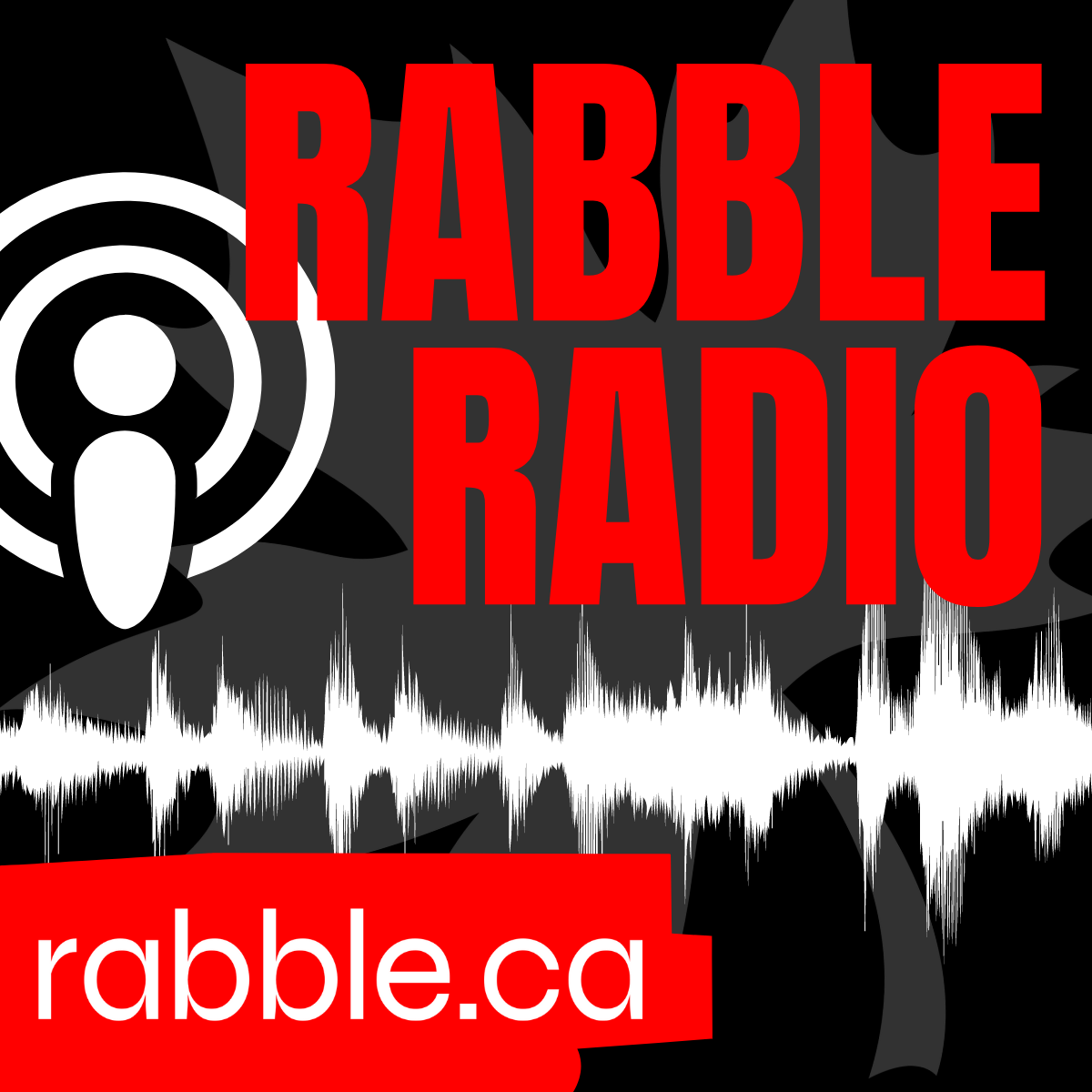Hello and welcome to rabble radio: the election edition! We’re here for half an hour every week of this federal campaign diving deep into the issues that matter to you.
OFF THE HILL
On Sept 17 we heard from our amazing panelists at our live politics panel: Off the Hill. You’ll hear a clip of their discussion. Host Robin Browne takes panelists through an insightful discussion of the real issues facing us on E-Day, and how we can make this election count. We’re down to the wire, after all.
You’ll hear from guests including former NDP MP and seasoned election veteran Libby Davies based on B.C.’s Sunshine Coast, policy expert and rabble columnist Chuka Ejeckam who is based in Vancouver, Indigenous activist and educator Rachel Snow joins from Calgary, climate activist Diana Yoon is in Toronto, and Karl Nerenberg, rabble’s senior politics reporter, weighs in from Ottawa.
If you’d like to catch the rest of that discussion, you can find it here.
IN CASE YOU MISSED IT:
This week at rabble, as Election Day fast approaches on Monday, September 20, we’re talking about political engagement.
The NDP candidate for Halifax — Lisa Roberts — hopes to follow in the footsteps of her predecessors Meghan Leslie and Alexa McDonough. Halifax is a riding that was held by the NDP from 1997 until 2015, when it was won by Liberal Andy Fillmore.
As a mother working the campaign trail, Roberts told our national politics reporter Stephen Wentzell that a September election is an even bigger hurdle for parents — primarily for women candidates, who often take on much of the child care for their families.
“I think the beginning of September is an inappropriate time to be making important decisions about who our leaders will be,” Roberts said, adding it’s so far from an ideal time to be asking people to engage in political debate. “I am in a party and was in a provincial caucus with a high number of female candidates with relatively younger families, and it makes it very, very difficult,” Roberts said.
Meanwhile, Libby Davies sat down — virtually — for a Q&A with Regina — Lewvan candidate Tria Donaldson, who is running for the NDP.
Donaldson spoke about facing a “Blue wall” meaning in her province of Saskatchewan, there is a slate of Conservative incumbent candidates.
That wasn’t necessarily what Donaldson was worried about in this election, however. Here’s what she told Davies:
A lot of people are feeling powerless. Especially in Saskatchewan. A lot of folks I talked to have this idea that [the election] doesn’t matter because things are decided far away in Ontario and that by the time our polls close, things are already being decided in eastern Canada.
So there’s a lot of disengagement and disillusionment. The way we combat that is by getting down to what power is and what kind of power people have. Voting is one form of exercising our power, but so is mobilizing. We need to make sure that we’re holding our politicians accountable. The cynicism people have is really challenging and something we all need to overcome when we’re encouraging people to live their politics and get out and vote or take action for things like public health care or education funding. These are many issues people care about, but they don’t feel like voting will make a difference. I think we just need to do a lot of work on getting people to engage politically.
Also this week at rabble, Robert Hackett writes about how you can vote strategically and still vote your conscience: vote for the climate. Instead of voting automatically for a particular party, support candidates with a reasonable chance of winning, and a strong track record of backing climate action inside or outside Parliament. The campaigning organizations LeadNow and 350.org have identified thirty candidates as “climate champions.” For a list of those champions, head to the site to read his article.
As far as strategic voting in the traditional sense goes? It’s utter bullshit, writes Judy Rebick. She unpacks what a feminist vote actually looks like this election cycle. I’ll leave you with her advice: Vote for the candidate you support. Having strong local and progressive representation in government matters.
ENDNOTES
Stay tuned for more of our special election coverage next week, where of course, we will be diving deep into analysis of the results and what it all means for you. If you like the show please consider subscribing wherever you listen to your podcasts. Rate, review, send it to a friend – you know the drill. Follow us on social media, @rabbleca on both Instagram and Twitter.
Got feedback on the show? I’d love to hear from you. Get in touch anytime at editor@rabble.ca. I can’t always promise I’ll respond, but I do read everything.
Catch more of our election coverage at rabble.ca.
Stay engaged, register to vote, and keep listening.
THE MUSICAL QUESTION
Oh, and the music for this podcast? It’s the jazz stylings of our political boffin, Karl Nerenberg.




